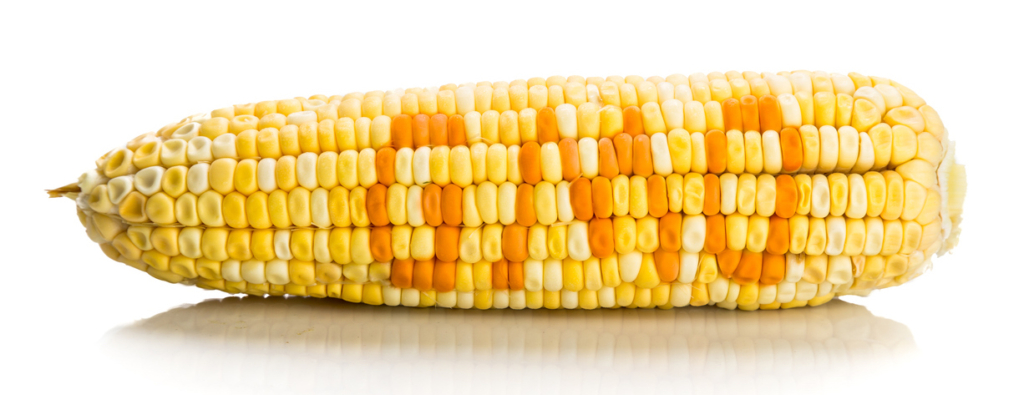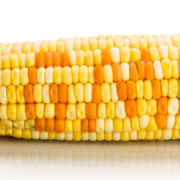Changing the definition of GE in food would leave consumers in the dark

Soil & Health Association stands firm against redefinition of gene technology in food standards
MEDIA RELEASE
For immediate release 6 September 2024
Aotearoa New Zealand – The Soil & Health Association of New Zealand has officially submitted its comprehensive response to Food Standards Australia New Zealand (FSANZ), rejecting Proposal P1055, which seeks to change the definition of genetic engineering technologies used in food production. The association also urges FSANZ to extend the consultation period by at least a month to allow for sufficient time to make submissions.
Charles Hyland, soil scientist and co-chair of the Soil & Health Association, says: “Redefining gene technology to exclude new breeding techniques (like gene editing) without proper labels and safety checks threatens our ability to choose what we eat. We stand for transparency and informed choices in food consumption, not ambiguity.”
Echoing this sentiment, Jenny Lux, organic producer and co-chair of Soil & Health, highlighted the potential impacts on the organic sector. “Introducing gene-edited products into our food system without clear labels could inadvertently lead organic foods to contain genetically engineered ingredients. This is unacceptable and undermines the trust consumers place in organic labels.”
“People are concerned not just about what’s in their food, but also about how it’s been produced. The global market for non-GMO foods is growing.”
Philippa Jamieson, Soil & Health spokesperson on GE issues, emphasised the need for rigorous safety assessments. “Gene editing and NBTs bring significant risks and uncertainties. Any food product derived from these technologies must undergo stringent safety evaluations and be clearly labelled to ensure public health is not compromised.”
The Association also acknowledges the deep cultural, ethical, intellectual property and spiritual concerns associated with gene technology expressed by Te Ao Māori. Soil & Health aligns with the perspectives of our Treaty partner organisation, Te Waka Kai Ora, that the proposal does not support their cultural expressions and rights as guaranteed under Te Tiriti o Waitangi.
The public is urged to participate actively in the consultation process by making individual submissions to FSANZ. The deadline for these submissions is the 10th of September 2024, at 8 PM New Zealand time. Submissions can be made via email or through the FSANZ consultation hub. The association encourages individuals to also communicate their concerns directly to MPs and through media channels to amplify their voice.
For further guidance on making submissions, or to read the full Soil & Health Association submission, please visit the Soil & Health Association website.
Contact:
Rebecka Keeling, Communications Specialist, Soil & Health Association of New Zealand
Email: editor@organicnz.org.nz
Phone: 021 202 7664
Website: www.soilandhealth.org.nz


